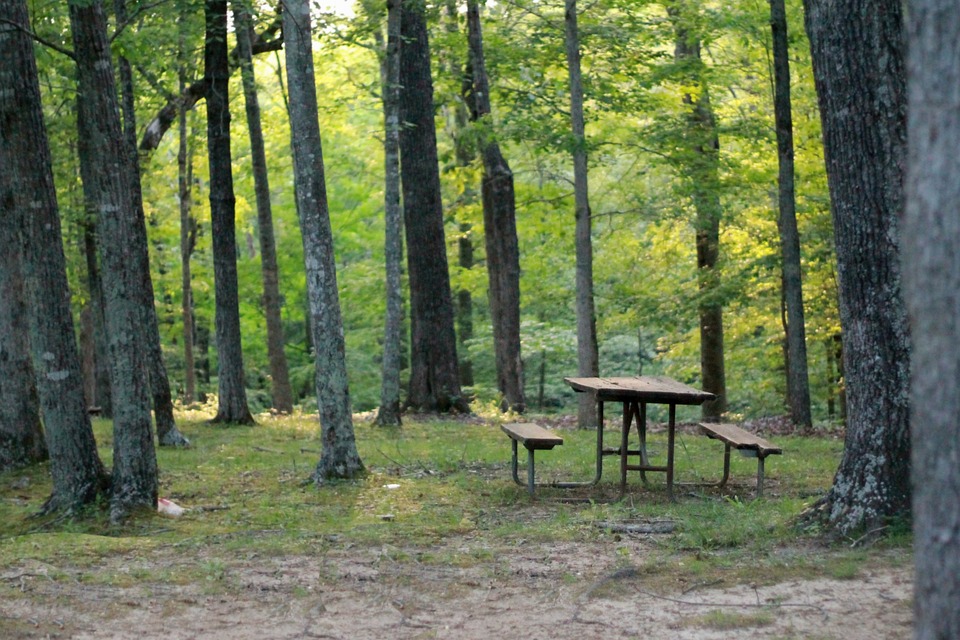Camping is a great way to disconnect from the hustle and bustle of everyday life and reconnect with nature. Whether you’re a beginner or a seasoned adventurer, getting back to basics and engaging in essential camping activities can enhance your camping experience and create lasting memories. In this article, we will explore five essential camping activities for beginners that will help you make the most out of your next outdoor adventure.
One of the most enjoyable aspects of camping is cooking food over an open campfire. From sizzling hot dogs to roasting marshmallows for s’mores, campfire cooking is a classic camping activity that can be easy for beginners to master. Be sure to bring the proper equipment, such as a cast-iron skillet and camping utensils, and adhere to fire safety guidelines. Experiment with different recipes and get creative with your outdoor culinary skills.
Exploring the great outdoors is a fundamental part of camping. Hiking and nature walks allow you to immerse yourself in the natural beauty surrounding your campsite. Research local trails and choose a route suitable for your fitness level. Remember to pack essentials such as water, a map, and appropriate footwear. Take your time to appreciate the sights and sounds of nature, and don’t forget to capture the breathtaking views with your camera.
One of the benefits of camping is the opportunity to escape light pollution and witness the wonders of the night sky. Stargazing is a serene and awe-inspiring activity that can be enjoyed by beginners and experts alike. Familiarize yourself with constellations, use a stargazing app to identify celestial bodies, or simply lie back and marvel at the vast expanse of stars above. Remember to bring a blanket or a reclining chair for added comfort while you gaze at the night sky.
If you’re camping near a river, lake, or pond, fishing is a popular activity that can provide a sense of relaxation and connection with nature. Beginners can start with simple fishing equipment, such as a fishing rod, bait, and a tackle box. Familiarize yourself with local fishing regulations and make sure to obtain the necessary permits or licenses. Patience is key when it comes to fishing, but the satisfaction of catching your first fish is a rewarding experience unlike any other.
Engaging in nature crafts is a fun and creative way to make the most out of your camping trip. Take a stroll through the woods and collect fallen leaves, sticks, and rocks to create beautiful artworks or DIY ornaments. You can also try your hand at creating natural dyes from flowers and plants or experiment with making bark rubbings. Nature crafts provide an opportunity to connect with the environment on a deeper level and can be a relaxing and therapeutic activity.
Q: Can I go camping if I don’t have much outdoor experience?
A: Absolutely! Camping is a great way to start embracing the outdoors and learning new skills. Just make sure to choose a campsite that suits your comfort level and be willing to adapt and learn along the way.
Q: What should I pack for a camping trip?
A: Essential items for camping include a tent, sleeping bag, flashlight, portable stove, cooking utensils, water bottle, insect repellent, first aid kit, and appropriate clothing. It’s also important to check the weather forecast and pack accordingly.
Q: How do I build a campfire safely?
A: To build a campfire safely, choose a designated fire pit or clear an area of debris, rocks, and vegetation. Use small branches or twigs, then gradually add larger pieces of wood. Keep a bucket of water nearby for emergencies and never leave a fire unattended. Extinguish the fire completely before leaving the campsite or going to sleep.
Q: Are there any camping etiquettes I should follow?
A: Yes, there are a few camping etiquettes to keep in mind. Respect other campers’ privacy and keep noise levels low, clean up after yourself, adhere to Leave No Trace principles, and be mindful of wildlife by not feeding or approaching them.
Q: What if I encounter wildlife during my camping trip?
A: If you encounter wildlife during your camping trip, it’s important to remain calm and avoid approaching or provoking the animals. Maintain a safe distance and observe them from afar. Store food securely to prevent attracting unwanted visitors, and follow any specific guidance or warnings provided by park rangers or campsite staff.




